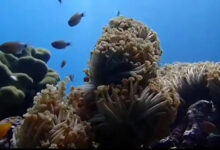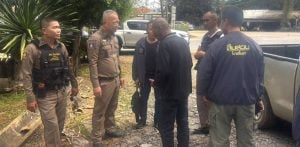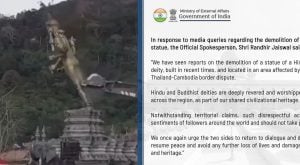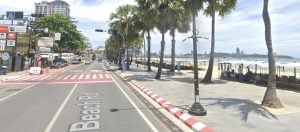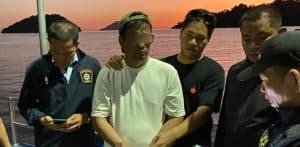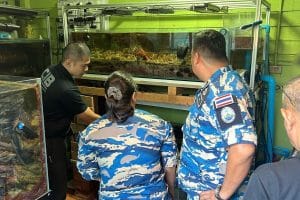Indonesia’s environmental protection plan- trust the billionaires
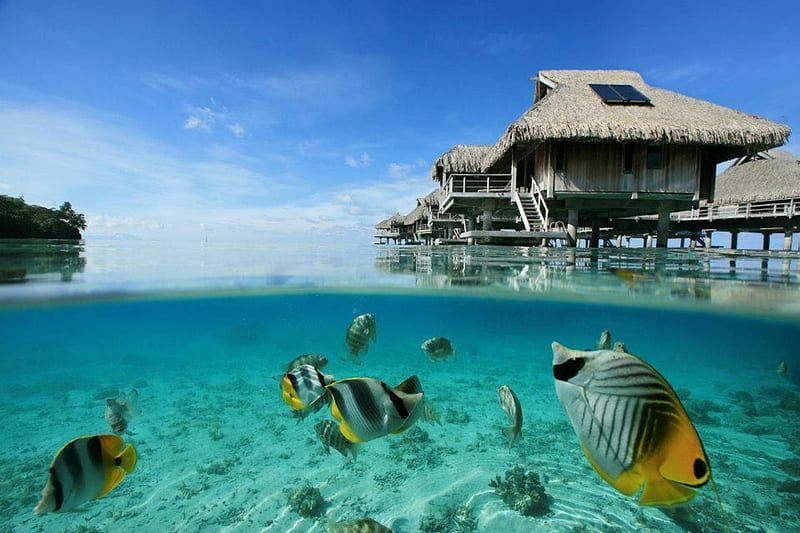
Indonesia’s environmental protection plan will take the revolutionary step of selling off “development” rights – not “protection” rights – to an entire archipelago of more than 100 coral islands next week. More or less anyone who happens to have enough cash washing around offshore is welcome to bid.
The Widi reserve in Indonesia is described by Sotheby’s – those bastions of environmental protection – as “one of the most intact coral atoll ecosystems left on Earth.”
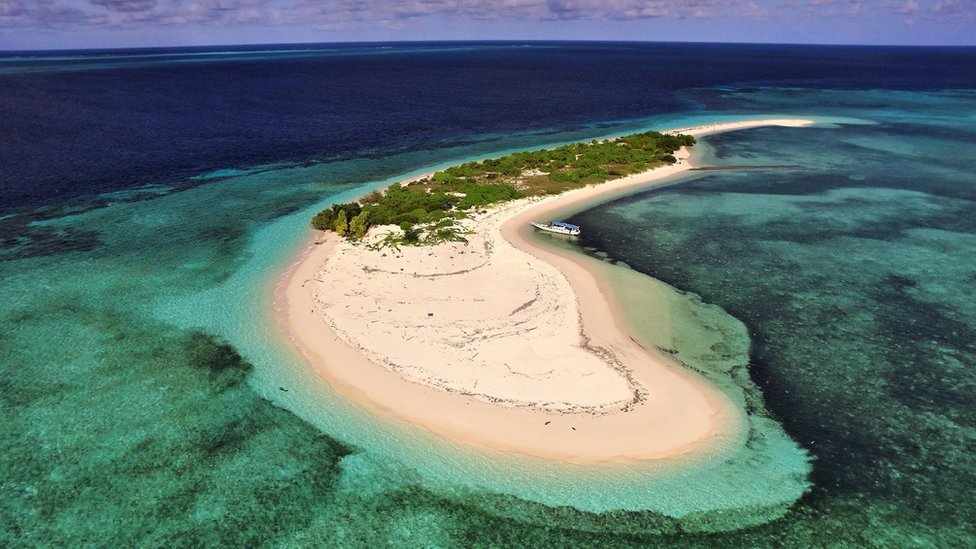
The sale of land to non-Indonesians is banned under Indonesian law, so buyers will actually be bidding next week for shares in an Indonesian development firm that has a license to build a nightmarish collection of resorts and luxury villas on the reserve.
The auction has enraged conservationists who, stating the obvious, say Indonesia’s environmental protection plan will destroy local communities and the ecosystem, of rainforests, mangroves, lagoons, lakes and reefs.

Mohamad Abdi Suhufan of Destructive Fishing Watch Indonesia has said the sale would mean the end for the local community, both socially and economically.
He said that the Indonesian government – one that could give even Thailand a lesson in corruption – was “aggressively attracting foreign investment.”
Local environmentalist Iwan Sofiawan said…
“How can it be guaranteed that these islands will not be exploited for tourism activities? And how about access for the local communities after the islands become privately owned?”
Covering 10,000 hectares north-east of Bali, the sale catalogue described the islands as one of the most intact coral atoll ecosystems left on Earth and an animal kingdom of epic proportions, home to hundreds of rare and endangered species, among them blue whales, whale sharks and “species yet to be discovered.”
Asked about the environmental concerns, Sotheby’s Charlie Smith told the Guardian that development firm LII are a trustworthy custodian of the world’s natural heritage and would be “actively involved.” He said the company’s plan touches “less than 1% of the rainforest” with no-go areas for super-rich guests – something that will be very new to many of them. Considering the excellent record of the superrich in protecting fragile environments and supporting local communities, the islands are in the safest of hands.
LII has budgeted US$1.5m (52 million baht) in its first year for “security” patrols, supported by the police and navy – not only directly introducing the fox to the henhouse but setting up foxes around the henhouse perimeter to ensure security. Research programmes would be underway in the second year, perhaps to discover if building massive tourist resorts are good for mangrove forests.
Like similar ecosystems, “the reserve has long been under pressure from shark finning, deforestation and the poaching of endangered species; left untouched the pressure on the reserve will only continue, and likely increase,” he said, adding that the business sector had “a vital role to play.” Smith did not mention that all evidence indicates that “the business sector” had been instrumental in creating the sale prospectus seeks to address.

Included in Indonesia’s environmental protection plan is a private airstrip that can serve guests from destinations such as Bali, Jakarta, and Cairns.
“Every billionaire can own a private island, but only one can own this exclusive opportunity spread across 100-plus islands,” said facilitator Smith in an eye-watering press statement.
Near the reserve, cold, nutrient-rich waters are pushed down the bottom of an underwater mountain chain that connects to the Mariana Trench, the deepest oceanic trench on Earth. The reserve is, according to the auction listing, “the perfect birthing, mating and resting place for the hundreds of rare and endangered species,” and the perfect place for a private airstrip.
While the listing does not state an expected starting price, bidders are asked to put down a US$100,000 (3.5 million baht) deposit.
Bidding opens at 4am (ET) on December 8, with the winner required to invest “a substantial amount” into the development, said Smith. So even if a kind-hearted oligarch can be found who wishes to preserve the site, profit, not preservation, is transparently the only motive for the forthcoming ecological atrocity.
Latest Thailand News
Follow The Thaiger on Google News:
